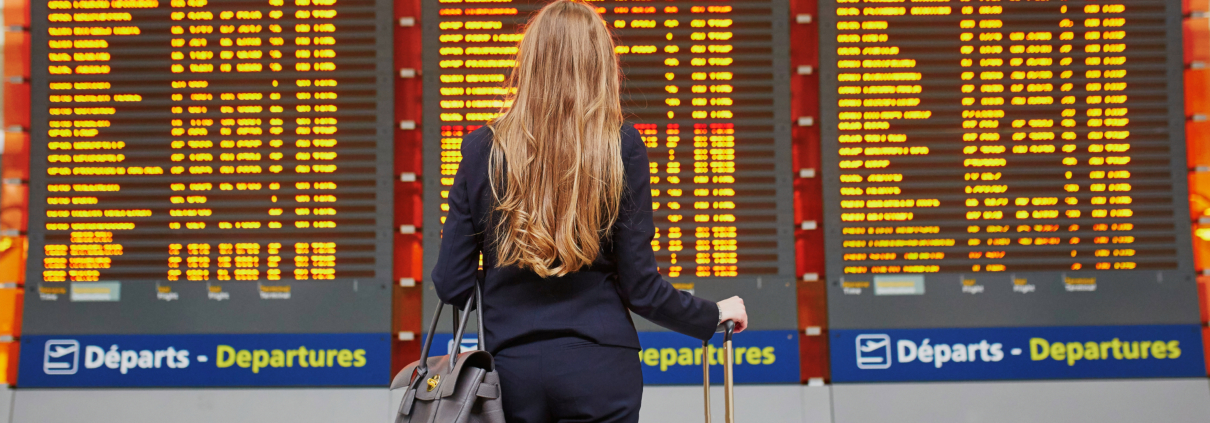Removal of Change Fees Impact on Travel Programs
(September, 2020)
While many changes were made by the airline partners as a result of the dramatically reduced travelers, the removal of both domestic and international change fees may have the biggest impact on the business travel community. On the surface, this appears to be extremely good news for corporate travel programs, as the typical domestic change fee can be as much as $200 per ticket. However, there is clear room for review and consideration of how fee removal can also impact your program and budget management.
To assist our clients, this edition of TI Insights breaks down the fundamental components of what the removal of change fees means, and the potential implications to your program.
Key Points of the Programs |
Change fee waivers were offered at the beginning of the pandemic as a good faith measure by the carriers to support business travel during height of flight cancellations.
|
How do You Benefit? |
| Advance Purchase: With exchange fees removed, your travel policy could highly encourage or even mandate trip purchases well in advance of the trip date to take advantage of lower ticket prices. Looking at domestic routes with a single stopover, booking 14-21 days in advance (compared to 5 days in advance) can save the traveler between 35%-65% of the full economy fare.Fewer ‘Discarded’ Tickets: Historically when making a ticket change, the cost of a change fee and the potential difference of fares could result in a much higher price than the initial ticket cost. According to the Bureau of Transportation’s, the average domestic ticket price for Q1, 2020 was $336.13. This makes the $200 fee change savings a considerable benefit, as it also decreases the number of discarded tickets simply being left unused. |
What Risks does this Surface? |
| Unused Ticket Expiration Dates: Although the change fee is no longer an issue, the expiration date for tickets to be reissued is still in place. Therefore, it is important that you manage the unused tickets available, prioritizing those that are closer to the expiration date over those that may have over a year prior to expiration. As a Travel Incorporated client, this prioritization continues to be part of our quality control, automated service for all bookings. It is also important to manage the number of unused tickets in proportion to the ability to reclaim them as part of your ongoing budgeting process.Soft Dollar Funds: For those clients with fairly significant market share, your preferred partnership may include soft dollar funds. These funds have historically been offered on a select basis to include the previous change fees, name change fees, and possible upgrades. With the removal of change fees, the airlines will need to consider new, equally interesting offers to maintain the perceived value.Duty of Care Consideration: In order to ensure a successful Duty of Care program, it is important for your travelers to know to reissue the tickets through Travel Incorporated, rather than through the airline directly. |
Keeping an Eye on the Trends |
| It is clear that the airlines are willing to give up millions of dollars in fees to entice business and leisure travel back to the skies. But one thing that we can count on is that change will continue to occur and further adjustments will be made by the top US carriers.
Although the future isn’t clear, we do expect to see dynamic pricing and increased fares overall as demand starts to rise, with cautious expansion of routes. Travel Incorporated is here to help you manage through today and tomorrow. We will continue to keep our finger on the pulse of the industry and bring information to you, as you work towards managing your own return to travel. |




Leave a Reply
Want to join the discussion?Feel free to contribute!